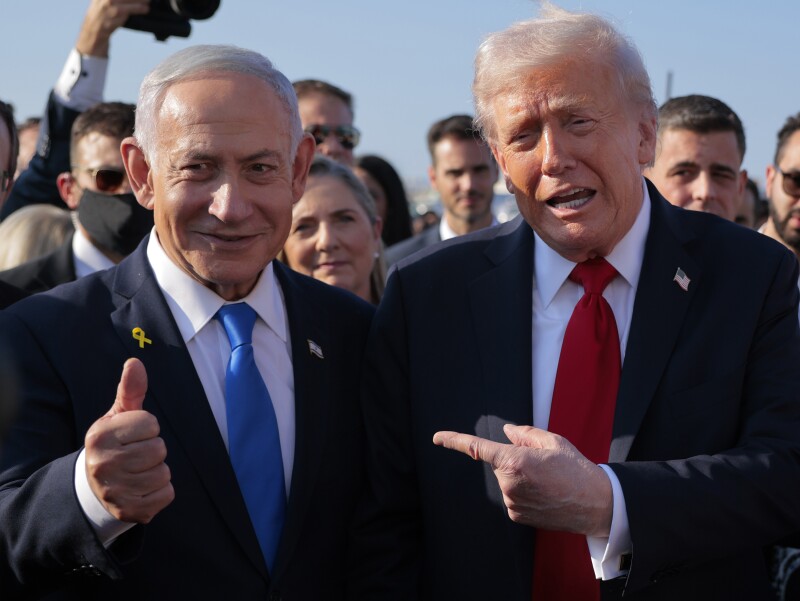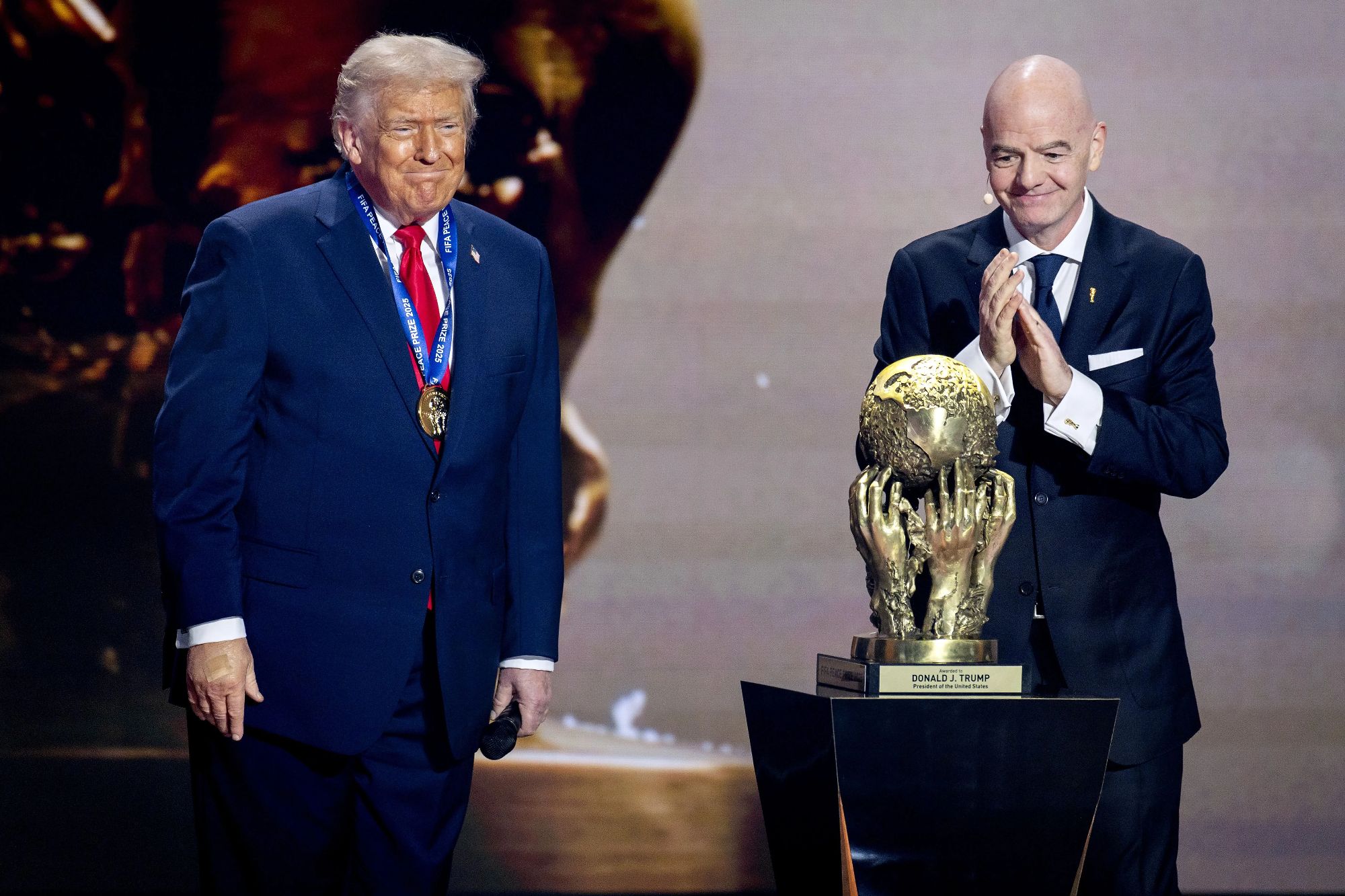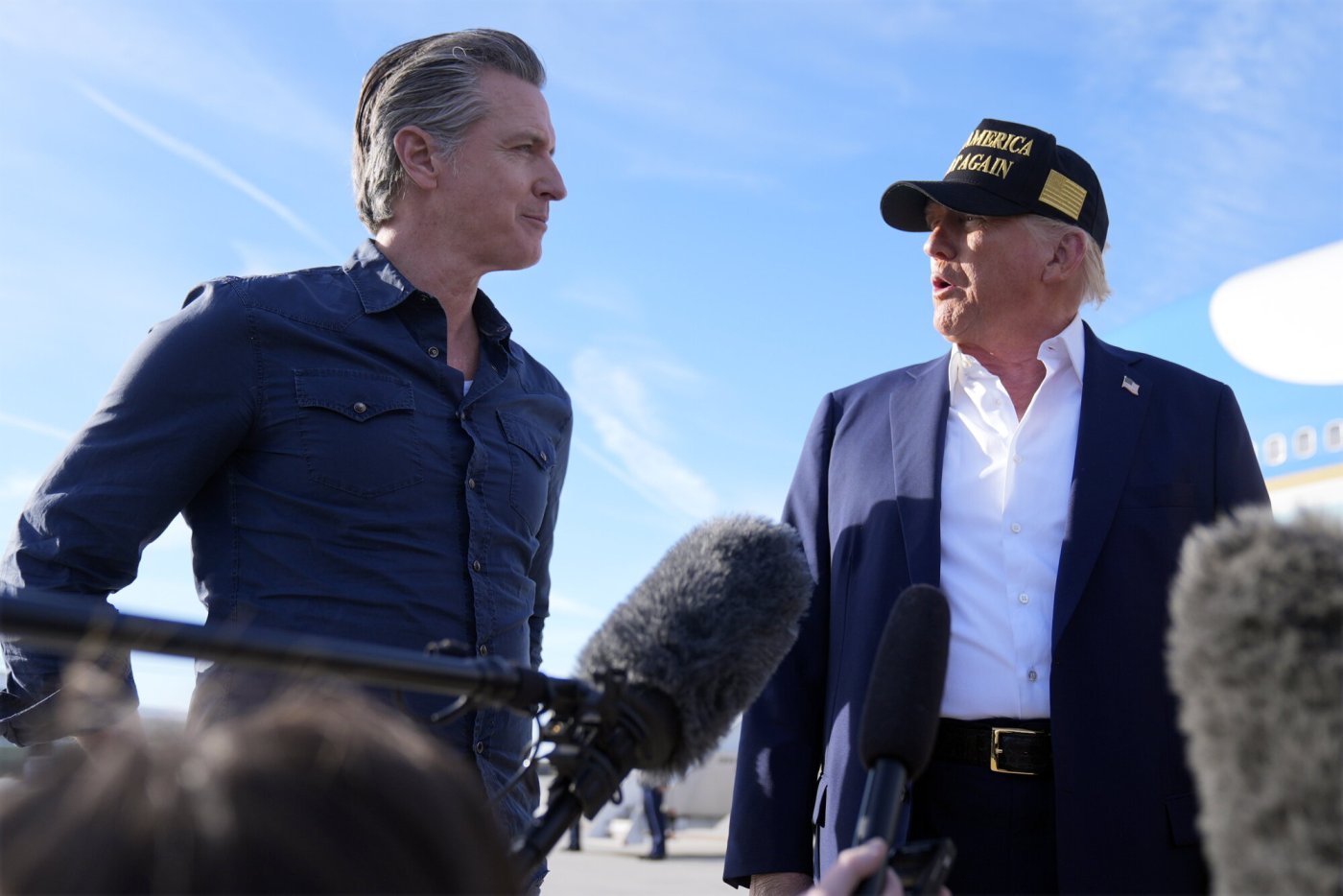Former President Donald Trump recently brokered a ceasefire agreement between Israel and Hamas, marking a significant diplomatic achievement in a region long plagued by conflict. The agreement, reached in March 2025, aims to de-escalate violence that has persisted for two years and has resulted in significant casualties and humanitarian crises.
The ceasefire has garnered recognition not only from Trump’s supporters but also from critics, including top congressional Democrats and former British Prime Minister Tony Blair. Their acknowledgment underscores the importance of this diplomatic effort, despite ongoing concerns about Trump’s domestic policies and behavior.
Under the terms of the ceasefire, Israel has committed to a partial withdrawal of its military forces from Gaza, facilitating the delivery of essential humanitarian aid. This agreement has already resulted in the release of Israeli hostages held by Hamas and the reciprocal release of Palestinian prisoners by Israel. The negotiations included participation from key regional players such as Egypt, Turkey, and Qatar, all of whom played crucial roles in bringing about the agreement.
Implications for Peace and Governance
While the ceasefire does not directly address the long-term aspirations for Palestinian statehood, it opens a potential pathway for future discussions. The U.S.-backed proposal suggests the establishment of an international stabilization force to oversee reconstruction efforts in Gaza and facilitate a transition to governance that excludes Hamas. This initiative has the potential to reshape the political landscape in the region, although its success remains to be seen.
Trump’s motivation for this diplomatic success may be influenced by his long-standing desire for recognition, such as the Nobel Peace Prize. The 2025 Nobel laureate, Maria Corina Machado, has been recognized for her efforts to promote democracy in Venezuela, contrasting sharply with the authoritarian practices of that regime. This juxtaposition raises questions about the broader implications of Trump’s foreign policy, especially as he has faced criticism for undermining democratic institutions at home.
Contrasting Domestic and Foreign Policies
Despite this recent success in the Middle East, Trump’s domestic record presents a stark contrast. Critics point to his attempts to overturn the results of the 2020 election, threats to free speech, and the politicization of the Justice Department. Furthermore, his relationships with NATO allies have suffered as he has shown a tendency to align with authoritarian leaders.
While the ceasefire in Gaza is a notable achievement, it does not overshadow the challenges that Trump has created for democracy in the United States and abroad. Observers question whether the Nobel Committee would consider this diplomatic breakthrough sufficient to overlook his contentious presidency.
In conclusion, Trump’s ability to facilitate a ceasefire between Israel and Hamas is commendable and reflects his capacity to influence international diplomacy. The hope is that this success will encourage him to apply similar efforts towards improving domestic issues, particularly in cities like Chicago, which have faced their own significant challenges. The international community will continue to monitor both the ceasefire’s effectiveness and Trump’s future actions on the global stage.







